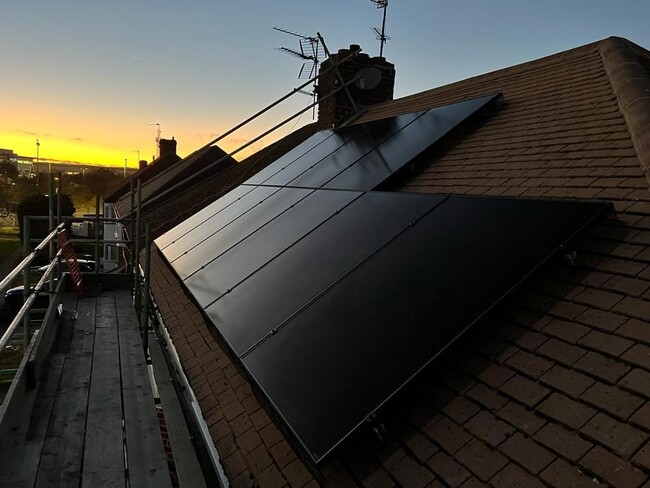Solar energy is becoming an increasingly popular choice for Australians seeking sustainable and cost-effective energy solutions. Yet, despite its growing adoption, several myths surrounding solar energy persist, discouraging some from taking the leap into renewable energy. Let’s address and debunk some of these common misconceptions to provide clarity and confidence for those considering solar.
Myth 1: Solar Panels Don’t Work in Cloudy or Rainy Weather
One of the most pervasive myths is that solar panels only function under bright, sunny skies. While solar panels do perform optimally in direct sunlight, they are still effective on cloudy or overcast days. Panels are designed to capture diffused sunlight, meaning they can generate electricity even when the sky isn’t perfectly clear. Countries like Germany, with far less sunshine than Australia, are global leaders in solar energy, proving that weather is not a limiting factor.
Myth 2: Solar Energy Is Too Expensive
While the upfront cost of installing solar panels may seem significant, advancements in technology and government incentives have made solar energy more affordable than ever. In fact, most Australian homeowners and businesses find that solar pays for itself within a few years through reduced electricity bills. Moreover, financing options and subsidies can help lower the initial investment, making solar accessible to a wider audience.
Myth 3: Solar Panels Require Constant Maintenance
Solar panels are remarkably low-maintenance – apart from periodic cleaning to remove dust and debris, panels require minimal upkeep. Most systems come with warranties lasting 20 to 25 years, ensuring long-term performance with little intervention. Professional installers also offer maintenance packages to keep your system running smoothly.
Myth 4: Solar Power Isn’t Reliable
Concerns about reliability often stem from misunderstanding how solar energy systems work. Modern solar setups include battery storage options that allow excess energy generated during the day to be stored for use at night or during power outages. This ensures a consistent and reliable energy supply, reducing dependence on the grid.
Myth 5: It’s Too Hard to Find a Trusted Installer
Navigating the installation process may seem daunting, but finding a reliable solar installer is easier than you think – reputable companies offer expert advice, custom solutions, and professional installation services to ensure your system meets your needs. If you’re looking to find a solar installer in Townsville, SolarEdge offers a comprehensive network of trusted professionals to get you started.
Myth 6: Solar Panels Aren’t Environmentally Friendly to Produce
While it’s true that manufacturing solar panels has an environmental impact, studies show that panels offset their production emissions within one to three years of operation. Given their lifespan of 25 years or more, solar panels provide a net-positive benefit to the environment by reducing greenhouse gas emissions over time.
Myth 7: Solar Energy Will Devalue My Property
On the contrary, homes equipped with solar panels are often more attractive to buyers. Potential homeowners are increasingly aware of the long-term savings and environmental benefits of solar energy, making properties with solar systems a desirable investment.
Embrace the Future of Energy
Solar energy offers undeniable benefits for both individuals and the planet – by debunking these common myths, we hope to encourage more Australians to embrace this clean and renewable energy source. If you’re considering making the switch, now is the perfect time to explore your options and take the first step towards a sustainable future.


